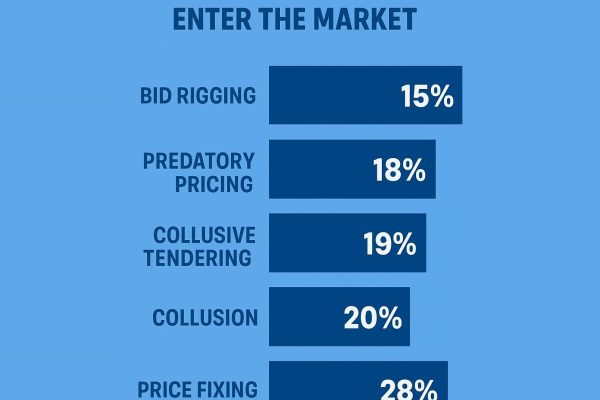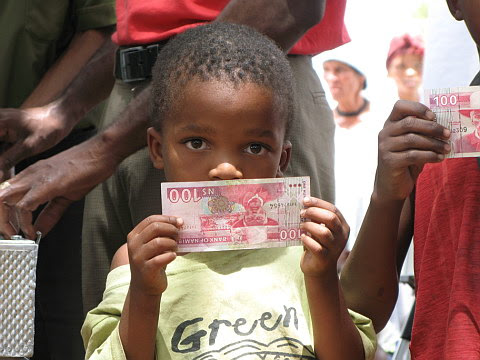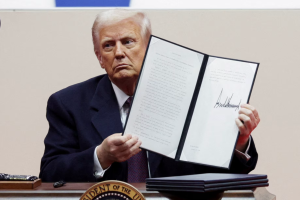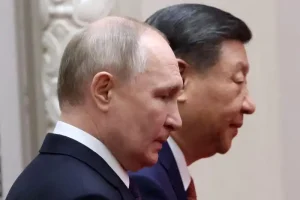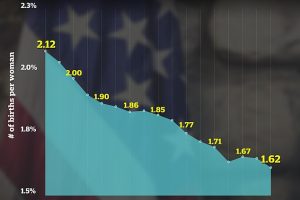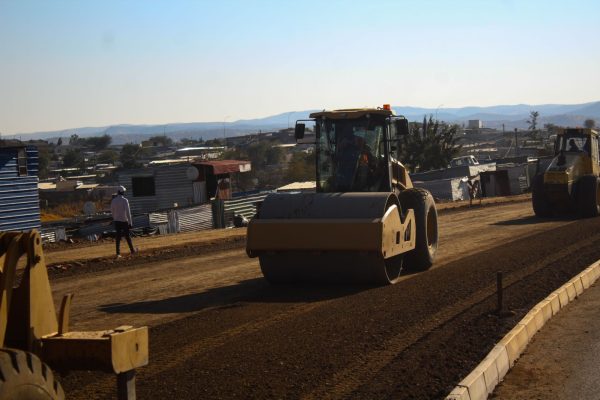
By: Dwight Links
At its close, the tenth summit of global arts and culture emphasised that a new path for longevity and preservation has to be sought for arts and culture to survive the ever-changing landscape found today.
Working under the theme of ‘Charting the future of arts and culture’, the International Federation of Arts Councils and Culture Agencies (IFACCA) indicated that the emerging technologies are placing great pressure on the human-produced works and intellectual properties.
“In the face of the unpredictable changes shaping our time, we gathered for a week of intensive and focused dialogue on the urgent challenges confronting the arts and culture sector today, and in the direction we must pursue together for the future,” Byoung Gug Choung said, chair for South Korea’s Arts Council Korea authority.
Choung added that the event marked a defining moment in which the global arts and culture community came together in a shared sense of responsibility and a commitment to a common vision for the path ahead.
He explained that there is a dilemma to be observed in what is currently happening around the world in terms of technological influences and potential benefits for the cultural practitioners and artists.
“Concerns are mounting that today’s technological advancements may threaten the ecosystem of cultural diversity. While digital environments facilitate global connectivity, they also give rise to a reality in which minority voices, traditional communities, languages, and collective memory are at risk of disappearing,” Choung added.
At the same time, the evolving technological landscape presents new possibilities.
Encouraging the exploration of alternative worldviews that reframe conventional knowledge systems, the pursuit of a symbiotic relationship with technology, and active contributions to its discourse by artists.
IFACCA’s Magdalena Moreno Mujica (executive director) indicated that the host nation for the summit, Korea, has been one of the best examples to make use of as a template for other nations.
“We recognise that we continue to operate in a global context defined by crises, conflict, and rapid change. We learned, political democratisation has catalysed creative activity, freedom of artistic expression, and digital innovation within the country.
She added that their governments have actively developed policies to protect the rights of artists and cultural practitioners, and the cultural K-Wave (Hallyu) has reached a global community through popular music, television, films, and fashion,” Mujica explained.
However, the country also faces pressing challenges, many of which are shared throughout the international community: from social tensions, political upheavals, and technological transformations to questions of collective action beyond borders, and the future of arts and culture, policy, and investment.
To find ways around what newer approaches can be utilised to stem or be able to adjust to the changing times, Mujica added that key decisions have to be made in a country’s acknowledgement of its cultural and arts sectors.
She said these approaches include viewing culture as essentially social, the value of which is non-economic and non-instrumental.
As social capital, the value of which is instrumental insofar as it is leveraged to create social cohesion, trust, wellbeing, and mutual benefits, as in the creative and cultural industries (CCI).
Moreover, it is valued primarily in economic terms, and as cultural and creative sectors (CCS) that generate cultural and artistic expressions of social value, which may also hold instrumental and economic value,” she added.
FOCUS AREAS
The summit indicated that culture is a central part to the societies of the world, which helps to build the cultural identities of each.
The Summit report indicated that culture is an essential dimension of any liveable society.
Adding that it is a distinct dimension of social life that is essential to any liveable society, and its value is social.
“In practice, it is difficult to separate this social value from the creative and cultural sectors on which so many cultural and artistic expressions rely,” the report on the summit outlines.
According to the report from IFACCA, the social and economic dimensions of culture are deeply intertwined and embedded across a range of issues; and decisions about policy, legislation and investment must deal with these complexities.
Authorities have to consider the potential side effects of different approaches as they engage across domains to position culture alongside other priorities.
The report cited that views on the adaptability of culture have to change as well in terms of whether it can be made to fit the times.
“Culture is not monolithic; its definitions are multiple. Its concepts we use have powerful potential to shape perceptions held by wider communities (and policymakers).
Nobody owns definitions of culture, and we need to ensure that any definition allows for community ownership, evolution, and plurality (cultures, histories, ways of life).
While new concepts may be useful to help us articulate the value(s) of culture, we should consider the uses and connotations they carry for people outside of our immediate sphere, as they may influence how our ideas and arguments are received, the report highlighted.





